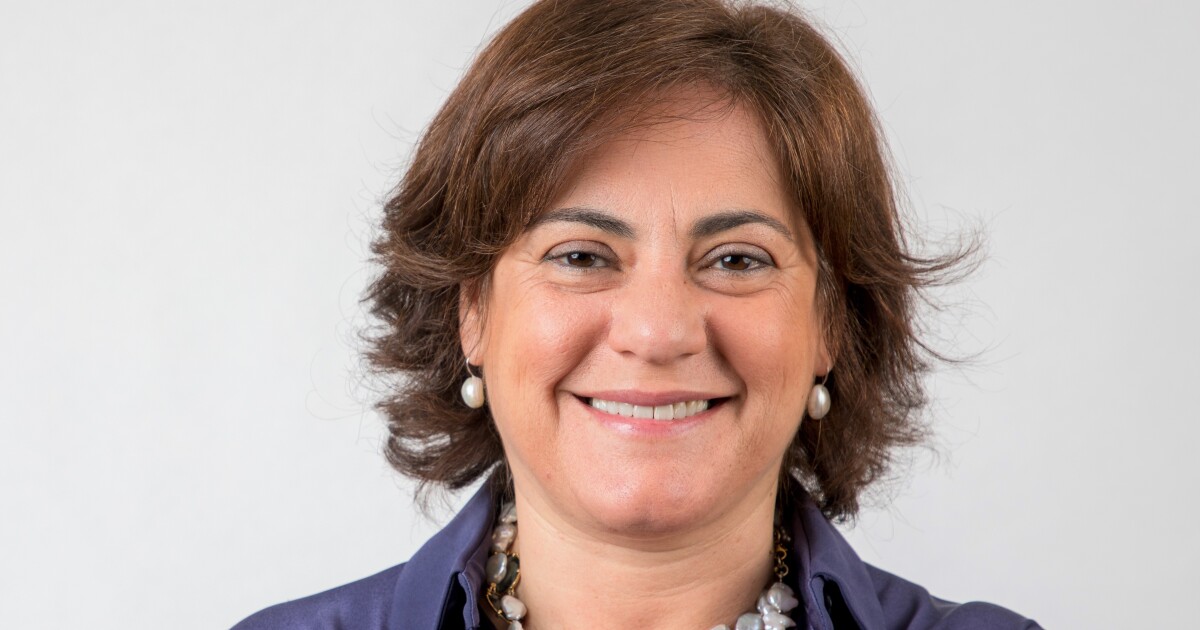The Public Company Accounting Oversight Board levied a $2 million penalty against BDO USA, the Chicago-based Top 10 Firm, for violating its auditing rules and standards, and sanctioned two of its audit partners as well.
The penalties and sanctions involved the 2017 audit of AAC Holdings, a Nevada corporation headquartered in Brentwood, Tennessee, that provided health care services to clients with drug and alcohol addiction, including testing, diagnostic, behavioral and treatment services.
According to the settled disciplinary order posted Tuesday by the PCAOB, the board sanctioned BDO USA as well as Kevin Olvera, a partner in BDO’s Dallas office, and Michael Musick, a partner in BDO’s Nashville office. Olvera referred questions to BDO, and Musick did not immediately respond to a request for comment.
“At BDO, we adhere to the highest standards of excellence across all areas of our business and fully support the PCAOB’s goal of protecting investors and furthering the public interest,” BDO said in a statement emailed to Accounting Today. “We are pleased to have resolved this matter. We remain dedicated to performing audits in accordance with professional standards.”
The PCAOB found that BDO and Olvera failed to properly evaluate three significant estimates used by AAC to value most of its client-related revenue and accounts receivable. The PCAOB said Musick failed to exercise due professional care when performing an engagement quality review of the audit, accepting the engagement team’s judgments related to the evaluation of the significant estimates instead of identifying the deficiencies in the audit work.
The failures happened even though BDO, Olvera and Musick came across several red flags that called into question the reasonableness of AAC’s estimates. BDO, Olvera and Musick were aware that PCAOB inspectors had found deficiencies in the procedures performed to test one of the same estimates during BDO’s 2015 audit of AAC, but the procedures carried out during BDO’s 2017 audit of AAC failed to adequately address those deficiencies.
In its Form 10-K for fiscal year 2017, AAC publicly disclosed that it recognized its client service revenue and accounts receivable by estimating the amounts it expected to realize for the services it provided. AAC management estimated the amounts that insurers would pay for covered services at “out-of-network” rates (which AAC referred to as the “estimated insurance value”); additional amounts insurers would pay as a result of AAC’s appeals of claims where the payment received from the insurer was abnormally low (claims that AAC referred to as “short pay” claims); and an allowance for doubtful accounts for AR that could become uncollectible in the future. Although they identified each of those three estimates as a “significant accounting estimate” during the 2017 audit, the BDO engagement team failed to obtain sufficient appropriate audit evidence for any of them, and Olvera, in his role as “focused consulting reviewer,” didn’t identify the deficiencies.
“PCAOB standards call for auditors to evaluate and respond appropriately to the significant risks they encounter during an audit,” said Robert Rice, director of the PCAOB’s Division of Enforcement and Investigations, in a statement. “The respondents here repeatedly failed to meet these and other obligations, to the detriment of the investing public.”
Without admitting or denying the PCAOB’s findings, BDO, Olvera and Musick agreed to the PCAOB’s order, censuring BDO and imposing a $2 million penalty. The PCAOB also censured Olvera, imposed a $35,000 penalty, limited his ability to act in certain roles on audits for a one-year period, and required that he complete additional continuing professional education. Musick was also censured by the PCAOB, which imposed a penalty of $25,000 and required him to complete extra continuing professional education.
Credit: Source link











